Sleeping aids see growing popularity among Chinese
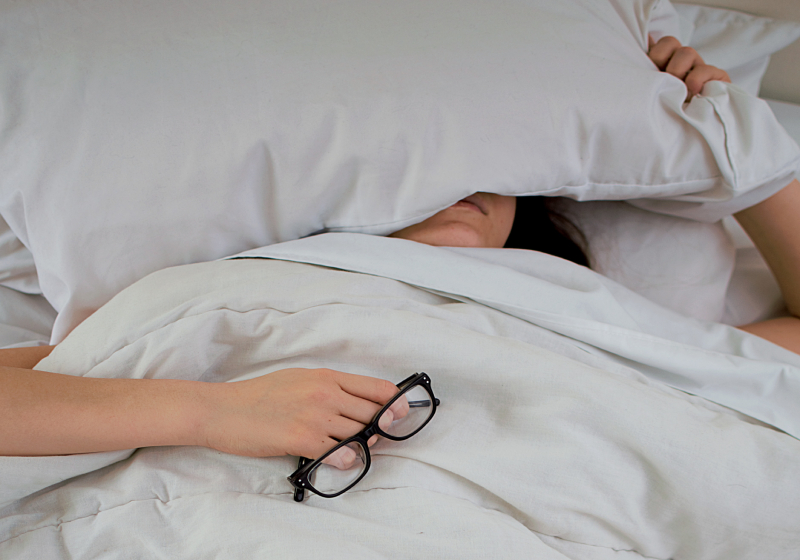
To ensure that she gets a good night’s rest, 27-year-old Chen Xi, who works for a consultancy in Shanghai, turned to special earplugs that not only cut out extraneous noise but can play soothing sounds – including that of a waterfall – enabling the wearer to fall asleep quickly.
She started using the earplugs after spending more than 1,000 yuan (S$194) to buy them for her mother, a 54-year-old high school teacher in Jiangxi province, who has long been troubled by insomnia. However, she found that her mother was not using them.
“I was surprised that this marvelous device didn’t work for my mom at all. She had no intention of learning how to use it, and simply thought that a glass of wine before going to bed would work better,” Chen said.
In recent years, buying products to get a sound night’s sleep has become increasingly popular in China, with more people realizing this is essential for their health and efficiency at work.
Figures from e-commerce platform Tmall Global show that during the “618” online shopping festival from June 1 to 18, sales of imported products designed to induce sleep rose by 530 per cent year-on-year, exceeding 300 million yuan.
According to a report from CBNData, a research company in Shanghai, products such as eye masks and earplugs have been best-sellers over the past year, followed by foot bath shampoo and special pillows.
The report said many businesspeople born in the 1980s and ’90s who travel a lot and face long hours and great pressure at work, prefer portable, quality products to help them get a restful night. They favour earplugs that can block extraneous noise and also act as an alarm clock, disposable eye masks and sleeping bags for hotel stays. Some business travellers consider sleeping bags to be cleaner than bed sheets.
Those born during these two decades who are technology fans are spending the most on sleeping aids, with their consumption rising for the past three years. Smart bands and intelligent sleep-monitoring equipment are also popular with them.
“This group of consumers constantly follows news of the latest sleep aids, and is willing to try – and buy – new products,” Sun said.
The report said that for college students, whose sleep can be disturbed as they share a dormitory, creating a quiet and independent small space is crucial. As a result, bed curtains, earplugs and eye masks are extremely popular with them.
However, those age 60 and older like to use massage equipment the most, with special chairs, machines and mattresses the most popular items.
This age group also believes that diet therapy can help them sleep better and longer, and likes to buy products that can calm the nerves, including ganoderma lucidum (a mushroom used in traditional Chinese medicine), ginseng and melatonin pills, the report said.
Sun said: “People from different regions of China have varying preferences for sleep-aid products, due to their lifestyles and living conditions. For example, those from the north like anti-snoring devices and tea that can help calm the nerves, while people in the south prefer aromatherapy oils and foot patches.
Wang Gerun, CEO of Cherubi-Mind (Beijing) Technology Co, said women who are pregnant or have just given birth can find sleeping particularly difficult, but it is hard to find products tailored specifically for them.
He said many young students in large cities work on their studies until midnight, or even later, and do not get enough sleep, and this issue has not been properly addressed. In addition to products, sleep aid services is also a market with great potential. Wang added.
“The demand for sleep aids is huge and diversified, and market players have a lot to explore,” he said.



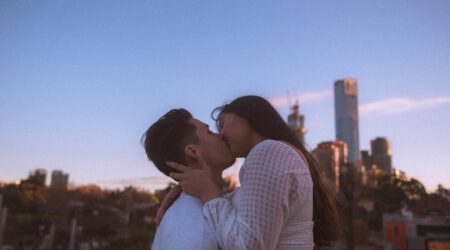


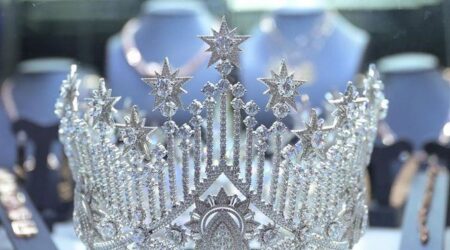


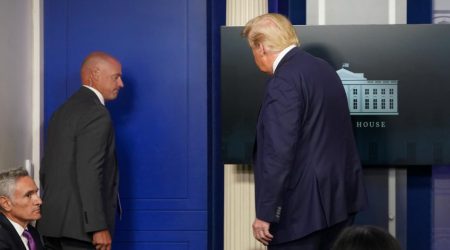

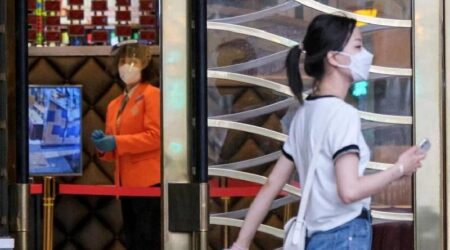
Leave a Reply